A Study of STEM Learning Ecosystems in Maine
Description
The Revealing Systemic Impacts of a Statewide Science Field Trip Program research study applies learning ecosystem models as a theoretical and analytic framework to investigate the impact of a longstanding, statewide field trip program in the state of Maine. The study uses the LabVenture program as an example of a longstanding field trip that has been running for more than 15-years and reaches 70% of students across the state to understand potential community-level impacts. Although there are many prior studies of field trips that focus on students, teachers or schools, the characteristics of the LabVenture program allow us to extend this work by exploring community-level questions such as: To what degree does an experience that is shared across a community lead to a traceable change that can be measured for those who participated and across the broader community? In what ways, if at all, can one out-of-school experience have an influence on the larger learning ecosystem (e.g., the Maine education system)? The video will highlight our research findings from complementary data collection methods including retrospective interviews with students and teacher alumni, a statewide survey administered with the public across the state of Maine, intercept interviews and focus group discussions in case study communities. We look forward to talking with other researchers conducting studies with community partners and to discussing implications of study findings with researchers and education practitioners.
NSF Award: 1811452
Discussion
This discussion took place during the TERC Video Showcase Event Nov. 14-21, 2023. Discussion is now closed.Presenters
Lead Presenter
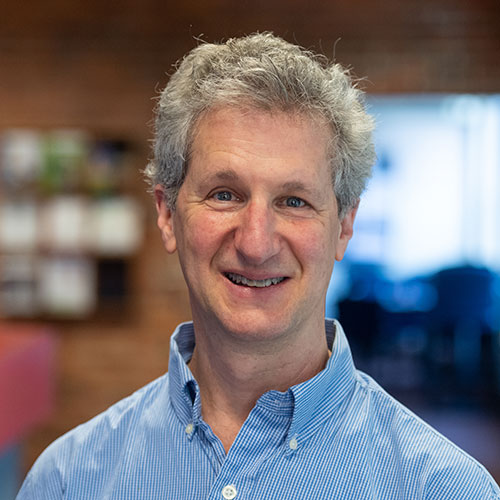
TERC
Co-Presenters
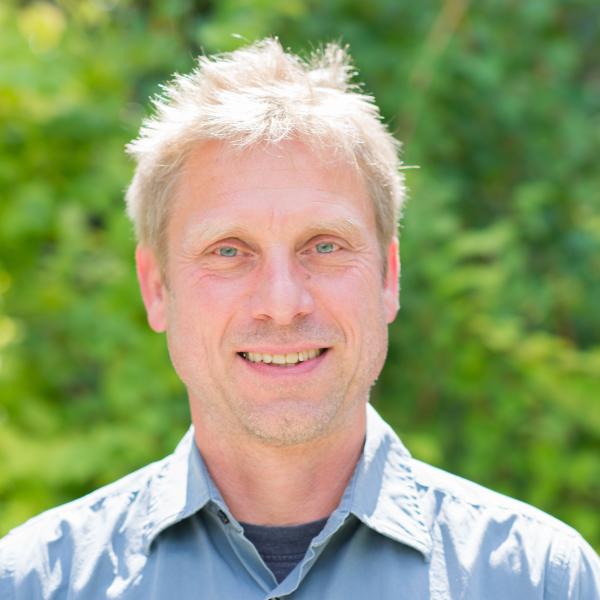
Oregon State University
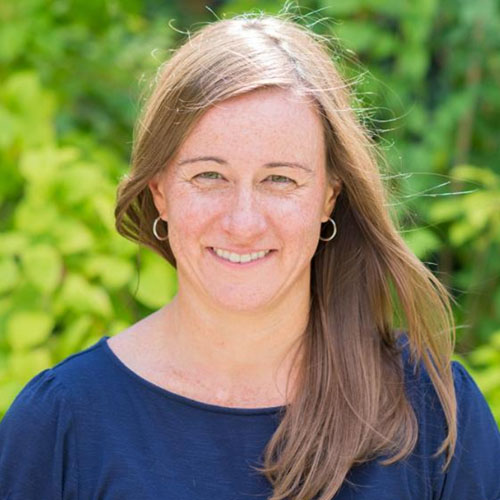
Oregon State University
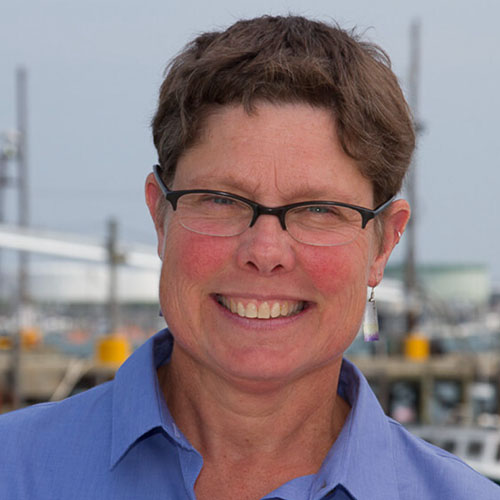
Gulf of Maine Research Institute


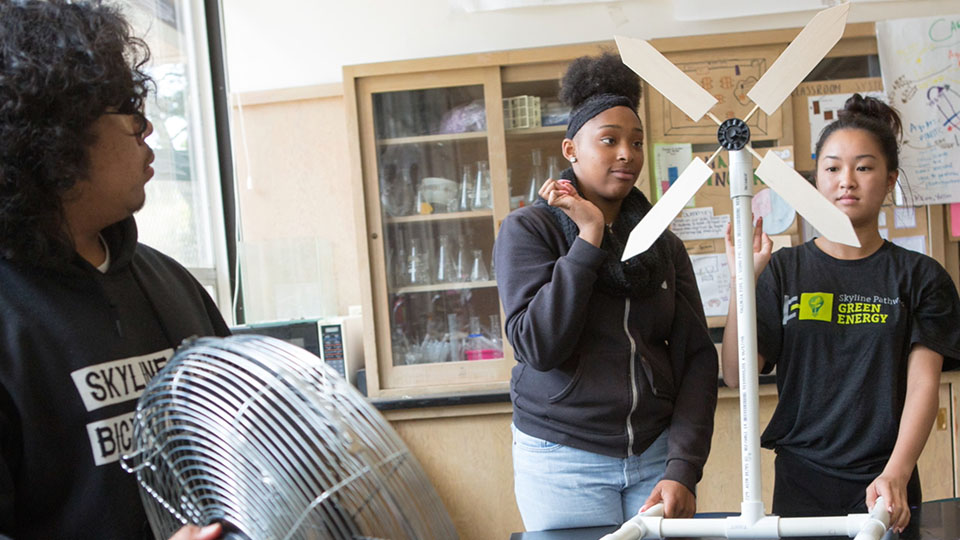

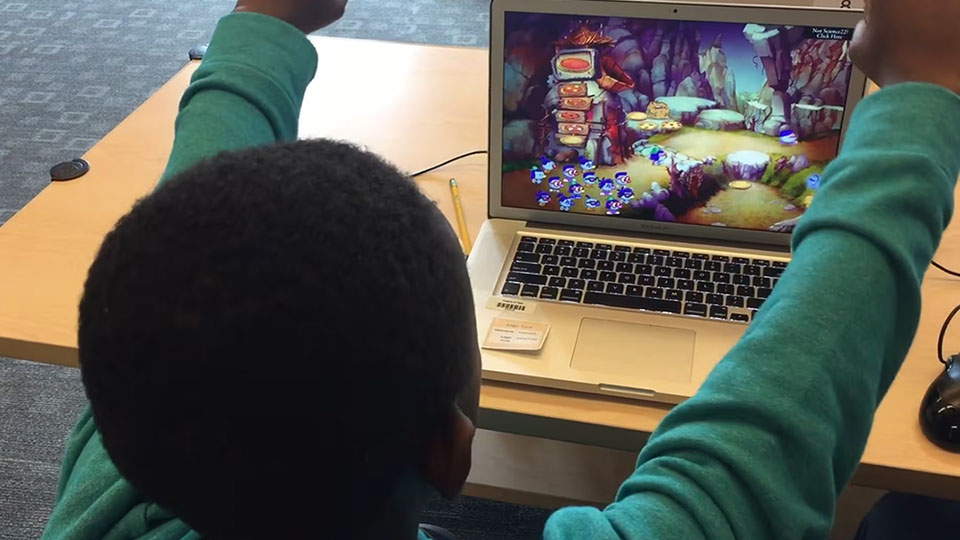
LabVenture has always been focused on providing equitable opportunities for students across Maine, and it seems to be working! Our analyses of community attendance over the years suggests that community wealth/ SES is not a predictor of attendance after accounting for distance, proximity to the coastline, and size of community, though each of these is associated with attendance in interesting ways. As noted, community champions also play an important role in perpetuating participation in innovative programs.
Our community case studies are finding rich and complex connections among the people and institutions that support learning, as well as a range of skills, ideas, and values that people feel are important to know to be successful in their communities.
We would love to hear your thoughts and questions about our project.
One interesting piece of this work is that we conducted a statewide survey with a representative sample of 1113 people, with help from the NORC survey firm. We asked about people’s knowledge about GMRI and the LabVenture trip, and their views about informal learning and field trips and where learning happens. We also asked a set of “tracer” questions (Falk & Needham, 2011) to see if people in communities whose middle school students went to LabVenture have more knowledge about the sorts of things that students would have learned about on the trip than people in communities whose students went less frequently. We are in the middle of analyzing these data, but there are some promising suggestions so far.
Falk, J. H., & Needham, M. D. (2011). Measuring the impact of a science center on its community. Journal of Research in Science Teaching, 48(1), 1-12.
Do you have any information in your study about how, in turn, programs can advocate for and support these vital Teacher Champions? Thanks.